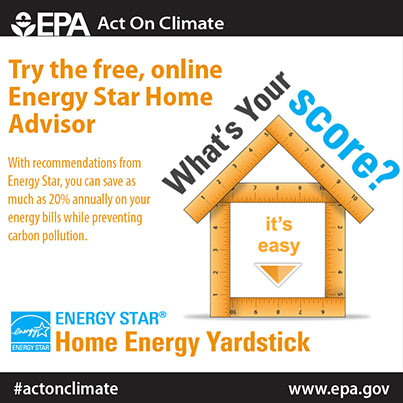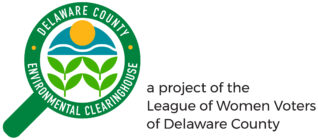Energy Efficiency

The cleanest and least expensive energy of all is the energy you don’t use. Improving efficiency around the house can generate huge savings, often far higher than the costs involved.
Over the years, the EPA has established efficiency standards for many household appliances, including refrigerators and freezers, washing machines and dryers. When consumers replace older units in the normal course of maintenance, they are often surprised to find that operating costs are considerably reduced. These standards are updated on a regular basis, as technologies improve.
Another important way to improve household energy efficiency is to convert from conventional oil or gas heating to electric heat pumps, which can produce as much as four times as much heat from an equivalent amount of fuel. Some advanced heat pumps take advantage of the near-constant 55°F temperature of the ground several feet below the surface, and can operate in colder temperatures than conventional heat pumps. These “ground-source” heat pumps are more expensive to build than conventional “air-source” units due to the excavation required for the pipes, but are very efficient.
The Inflation Reduction Act, passed in 2022, provides substantial funding for energy efficiency improvements, primarily through tax credits and rebates.
Further Reading
- Carrier proposes putting batteries on air conditioners to relieve pressure on the grid — canary media 09-29-25
- What You Need to Know about Installing a Heat Pump — Canary Media
- States Start Rollout of $8.8 Billion Federal Money for Energy Efficiency Programs — Canary Media 08-14-24
- How Colorado is Electrifying Home Heating — Canary Media — 08-07-24
- Will Heat Pumps Save You Money? It depends — Canary Media
- Proposed Standards for Refrigerators and Freezers — US Department of Energy
